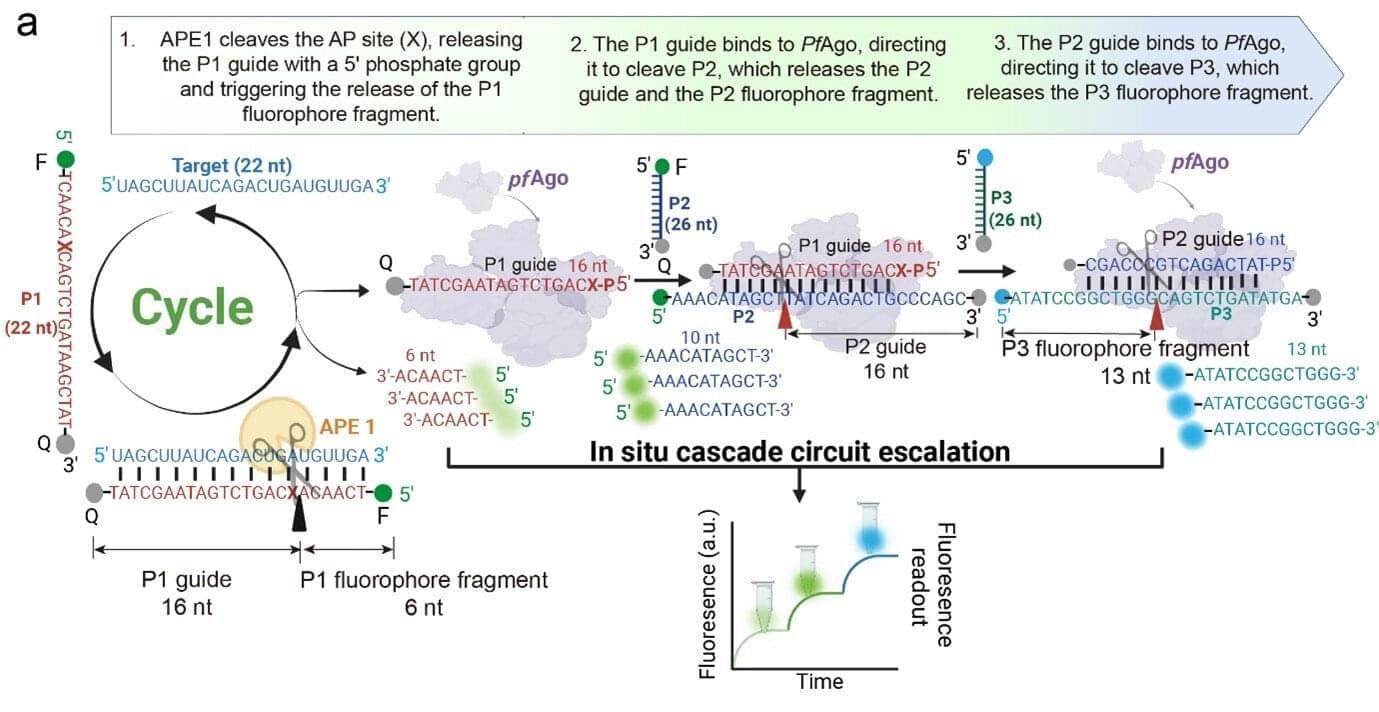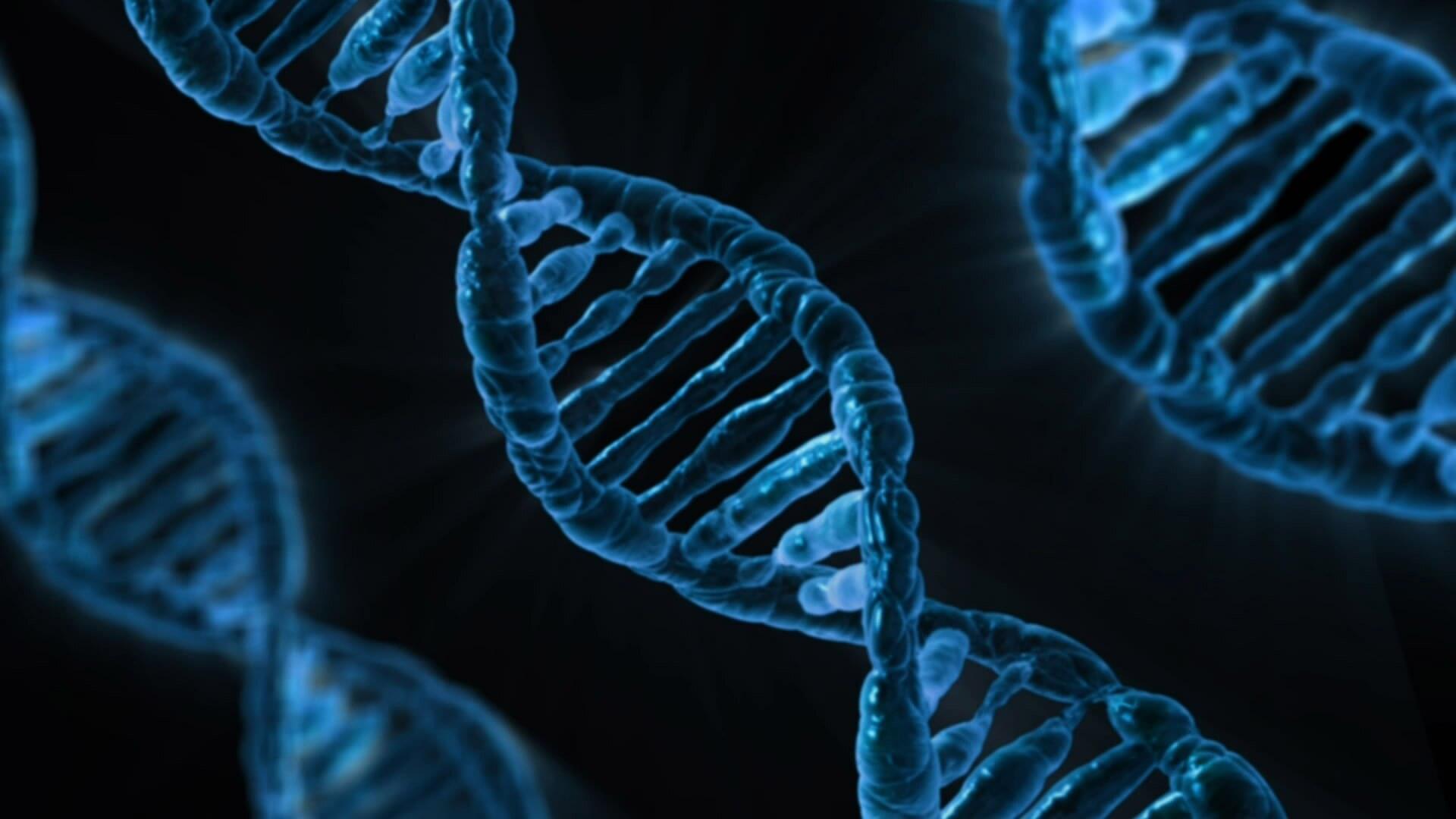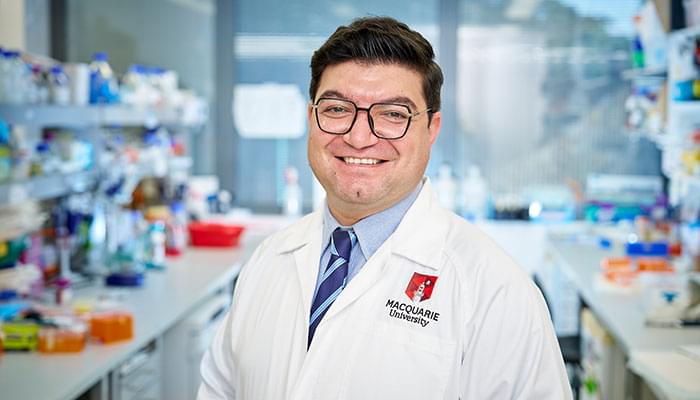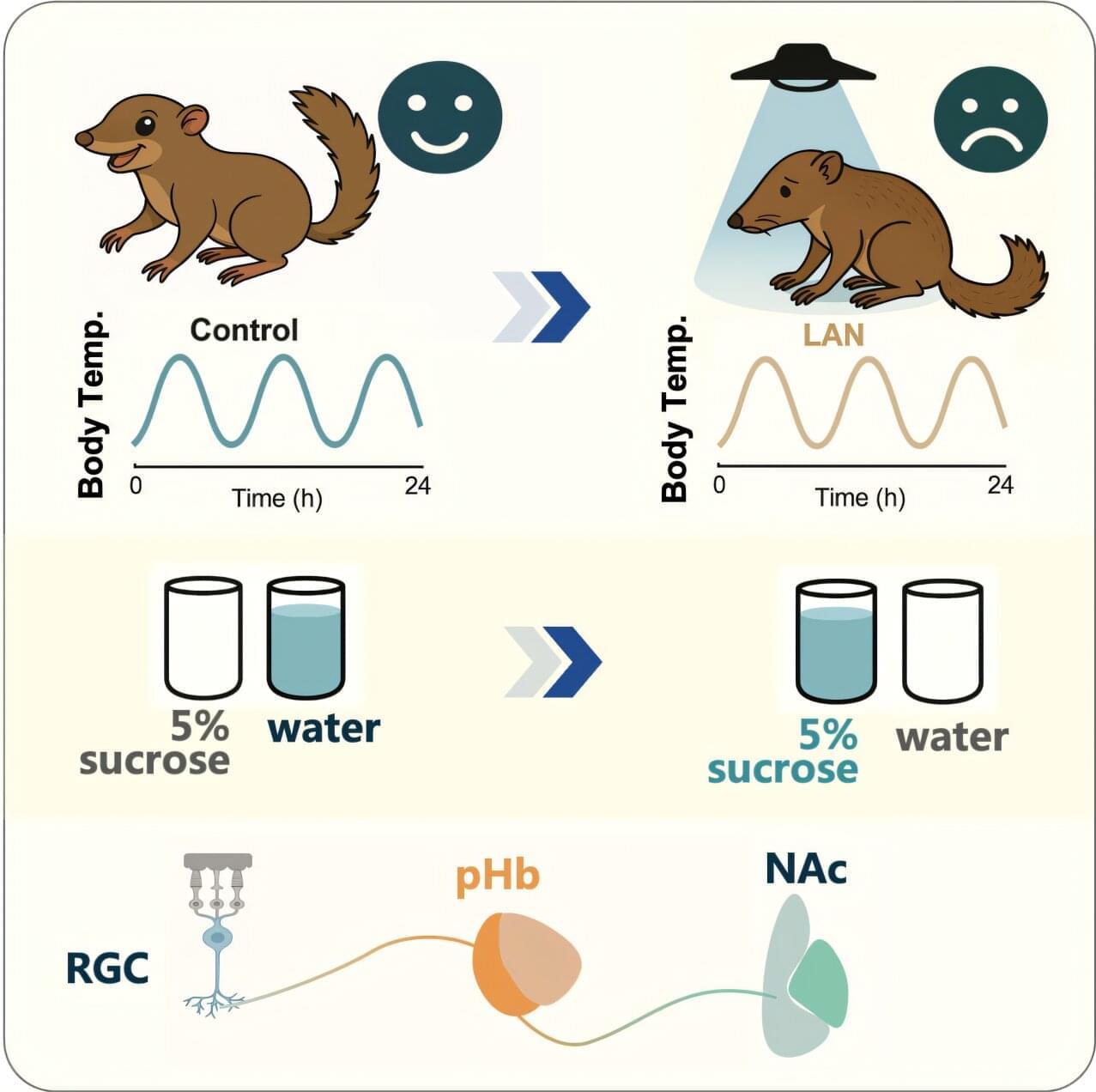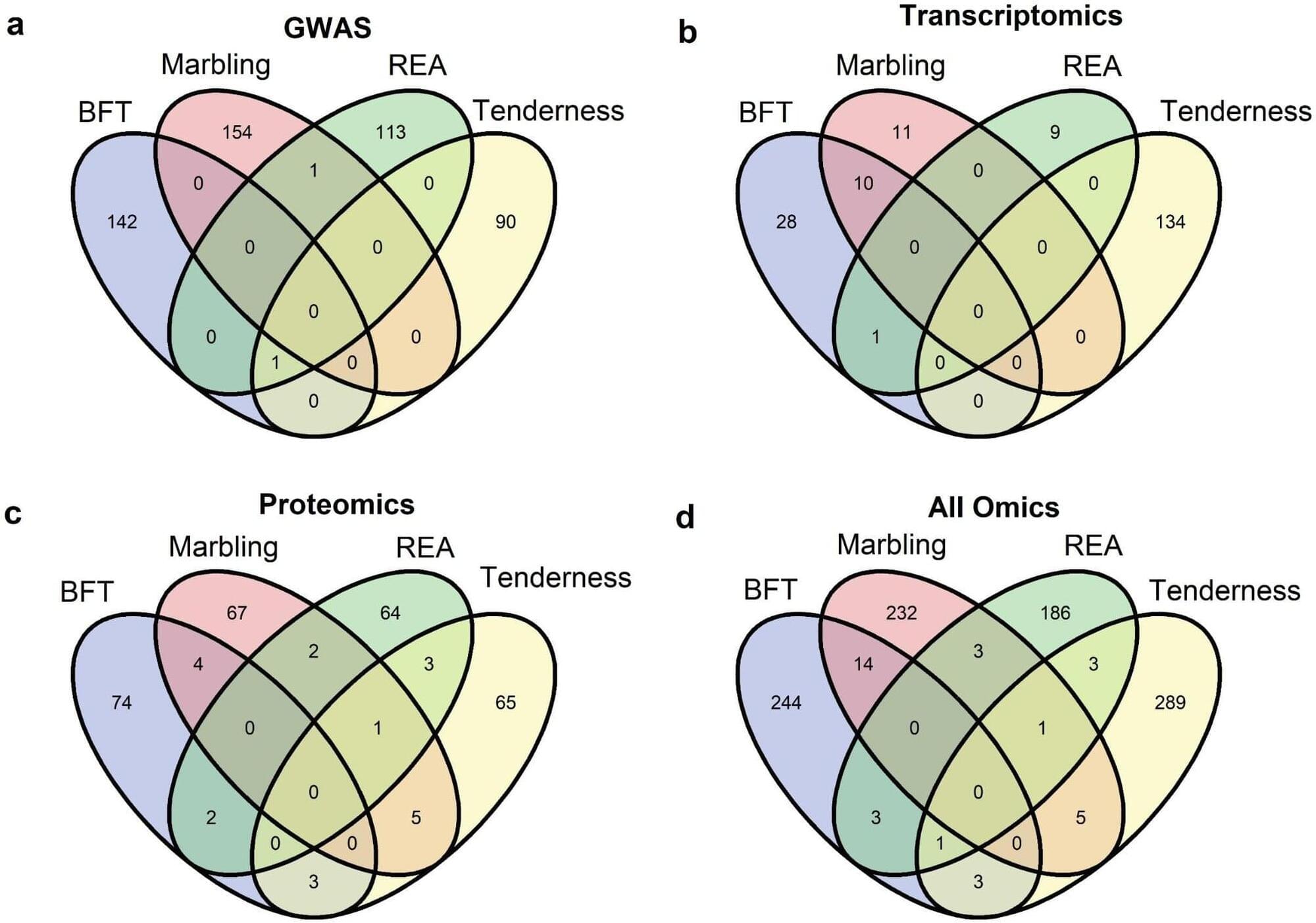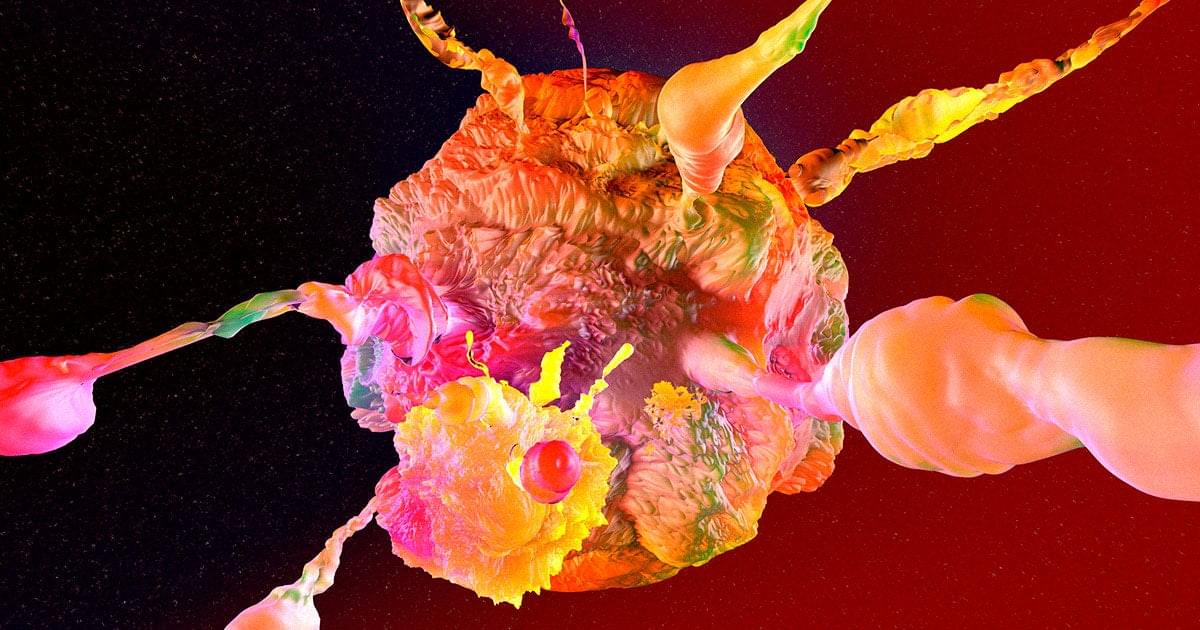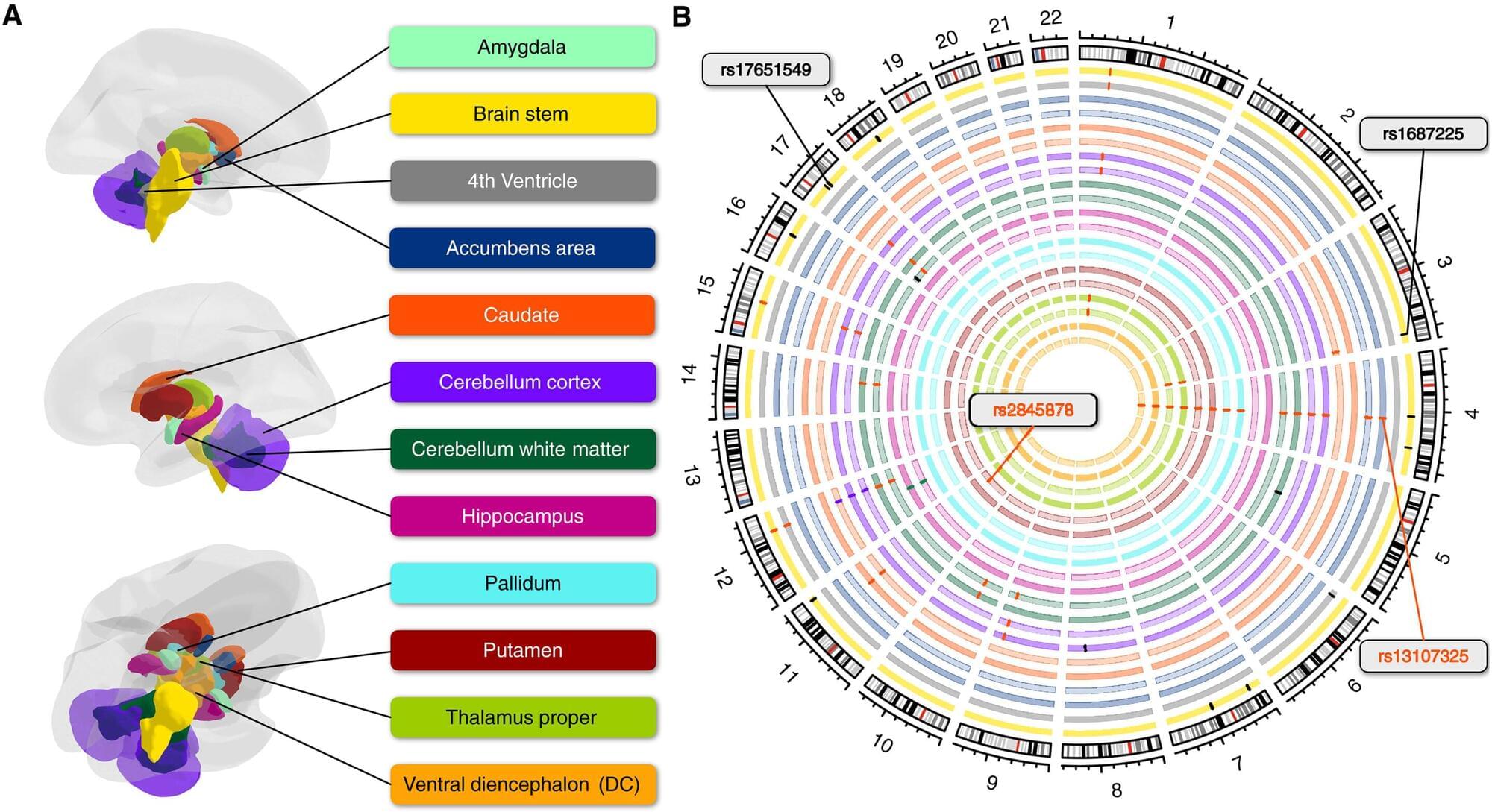A gene-editing delivery system developed by UT Southwestern Medical Center researchers simultaneously targeted the liver and lungs of a preclinical model of a rare genetic disease known as alpha-1 antitrypsin deficiency (AATD), significantly improving symptoms for months after a single treatment, a new study shows. The findings, published in Nature Biotechnology, could lead to new therapies for a variety of genetic diseases that affect multiple organs.
“Multi-organ diseases may need to be treated in more than one place. The development of multi-organ-targeted therapeutics opens the door to realizing those opportunities for this and other diseases,” said study leader Daniel Siegwart, Ph.D., Professor of Biomedical Engineering, Biochemistry, and in the Harold C. Simmons Comprehensive Cancer Center at UT Southwestern.
Gene editing—a group of technologies designed to correct disease-causing mutations in the genome—has the potential to revolutionize medicine, Dr. Siegwart explained. Targeting these technologies to specific organs, tissues, or cell populations will be necessary to effectively and safely treat patients.

